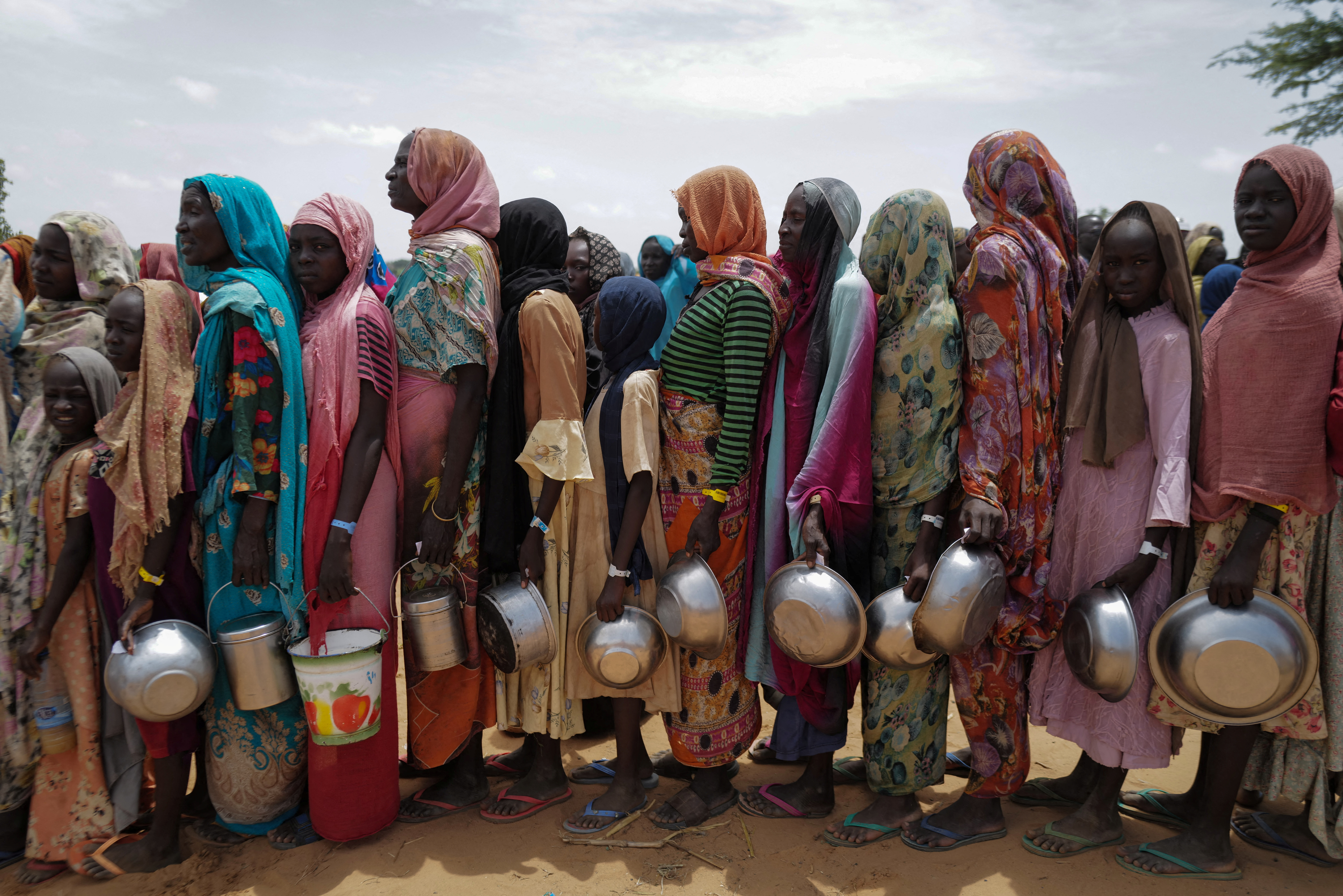Humanitarian Crisis Deepens Amid Ongoing Conflict in Sudan
The ongoing conflict in Sudan, which erupted in April 2023 between the Sudanese army and the paramilitary Rapid Support Forces (RSF), has triggered a devastating humanitarian crisis. Months of intense fighting have shattered the nation’s infrastructure, displaced millions, and left countless vulnerable to starvation, disease, and violence. The situation continues to deteriorate, with little sign of an imminent end to the hostilities.
The scale of the crisis is staggering. The United Nations estimates that over 4.8 million people have been internally displaced within Sudan, while another 1.1 million have fled the country as refugees, seeking safety in neighboring nations like Chad, Egypt, South Sudan, and Ethiopia. These neighboring countries, many already grappling with their own challenges, are now facing immense strain on their resources and infrastructure as they struggle to cope with the influx of refugees.
The conflict has crippled essential services across Sudan. Hospitals are overwhelmed and short of staff and supplies, leaving injured civilians with limited access to life-saving care. Food insecurity is rampant, with widespread shortages and disrupted supply chains pushing millions to the brink of starvation. The World Food Programme (WFP) warns that millions are facing acute hunger, and the situation is likely to worsen as the conflict drags on.
Access to clean water and sanitation has also become a critical concern, increasing the risk of outbreaks of waterborne diseases such as cholera and typhoid. The destruction of water infrastructure and the displacement of populations have left many without access to safe drinking water, further compounding the suffering.
Beyond the immediate physical dangers, the conflict has had a profound impact on the mental health of the Sudanese population. The trauma of witnessing violence, the loss of loved ones, and the uncertainty of the future have taken a heavy toll, leaving many in need of psychosocial support.
The international community has responded with aid efforts, but access to those in need remains a significant challenge. The ongoing fighting severely restricts the ability of humanitarian organizations to reach vulnerable populations, while security concerns and bureaucratic hurdles further hamper aid delivery. Funding for humanitarian operations is also falling short of the needs, highlighting the urgent need for increased international support.
The prolonged nature of the conflict poses a serious risk of famine and a further deterioration of the humanitarian situation. Unless a lasting peace agreement is reached and humanitarian access is significantly improved, the crisis in Sudan is likely to deepen, with potentially catastrophic consequences for millions of civilians. The international community must prioritize diplomatic efforts to achieve a ceasefire and create a secure environment that allows for the effective delivery of humanitarian assistance. The lives and well-being of millions depend on it.









